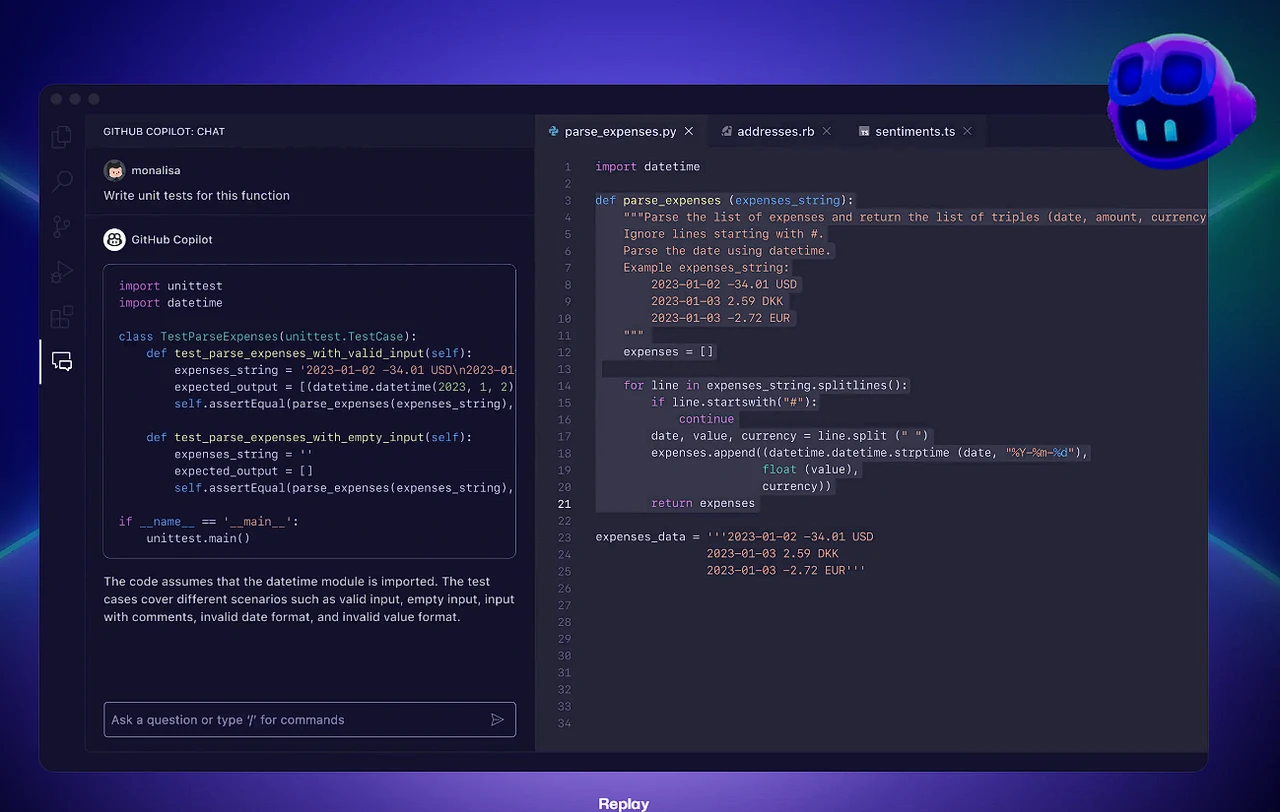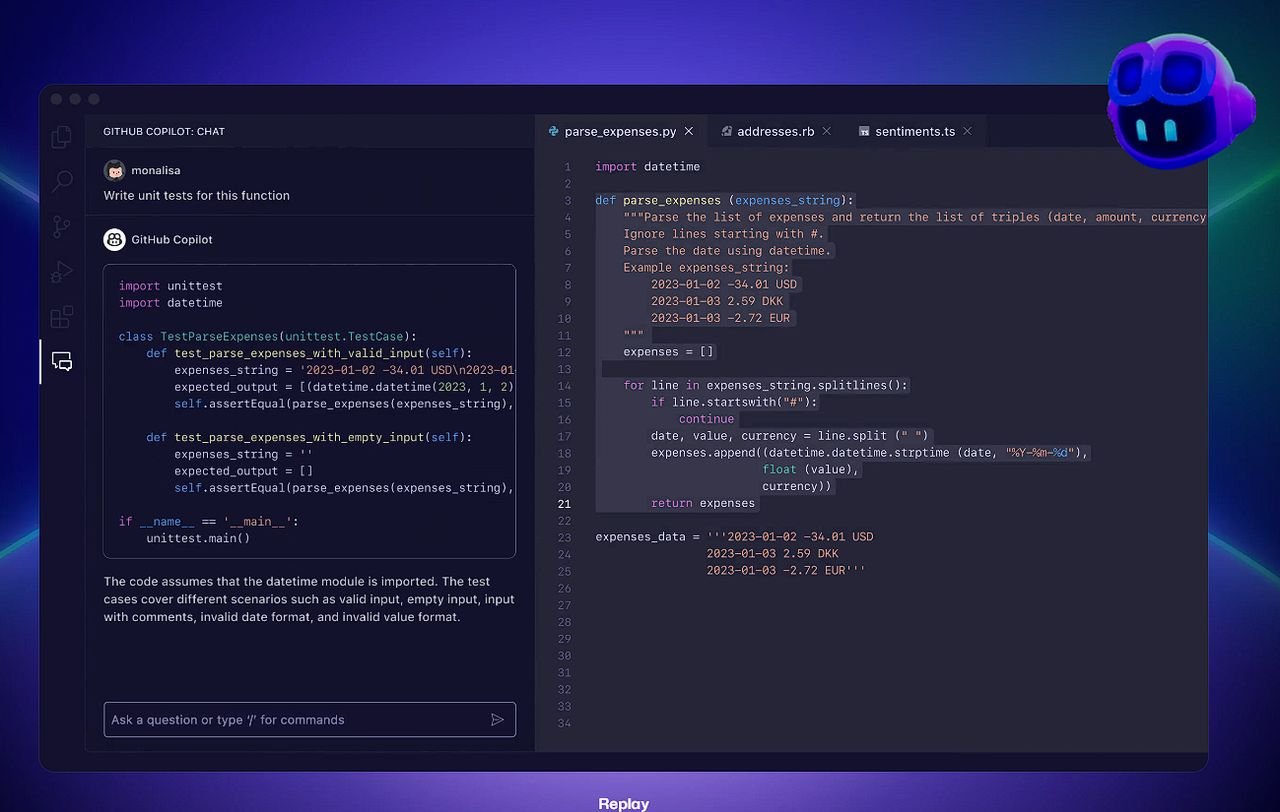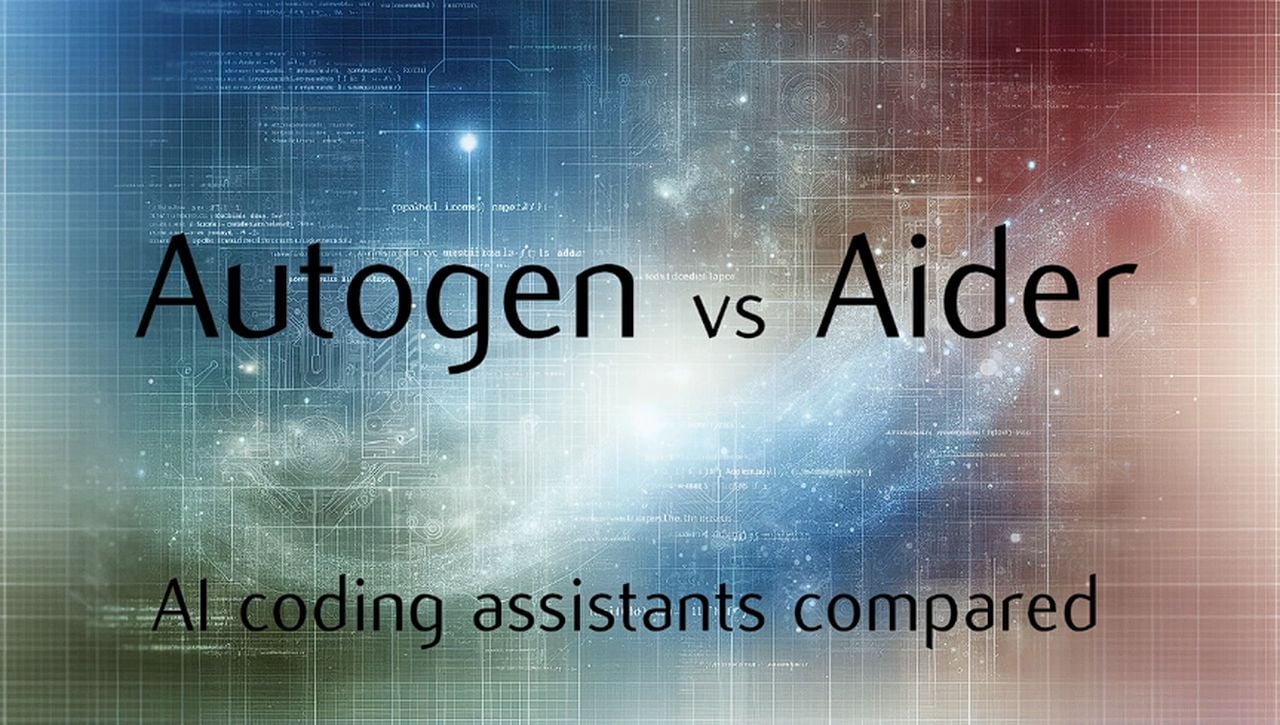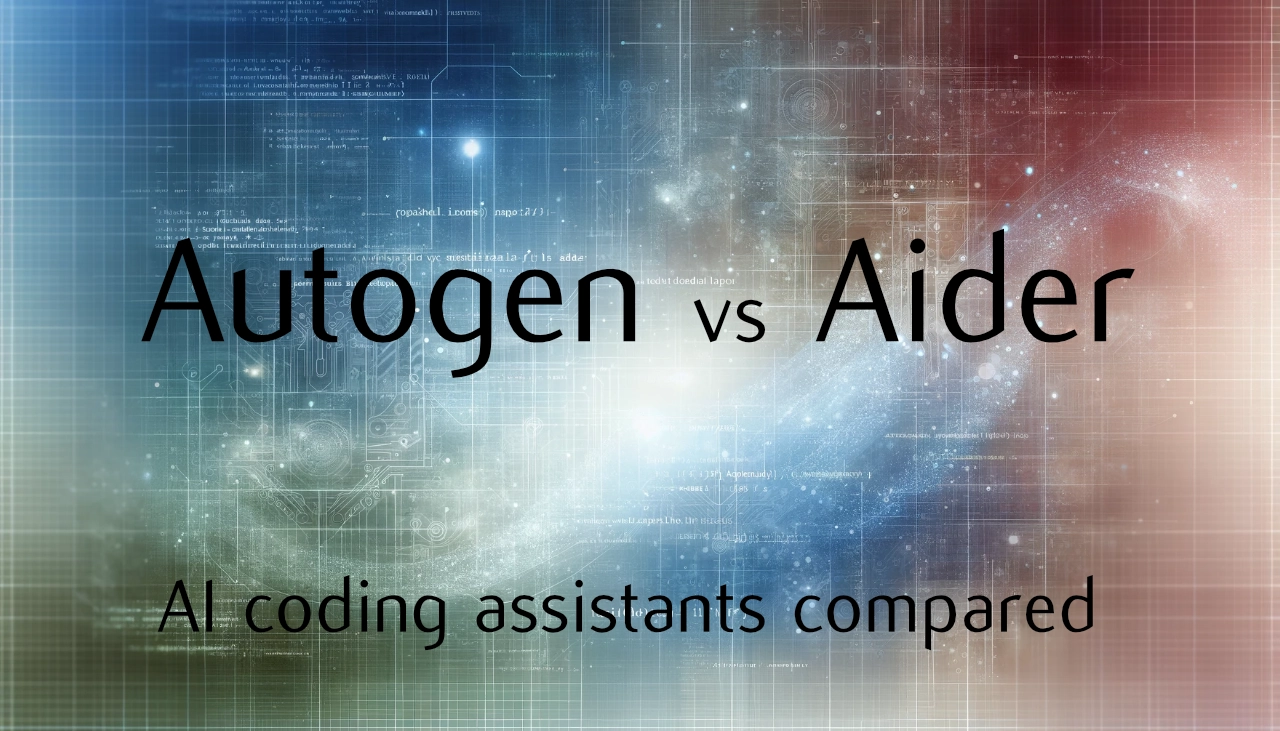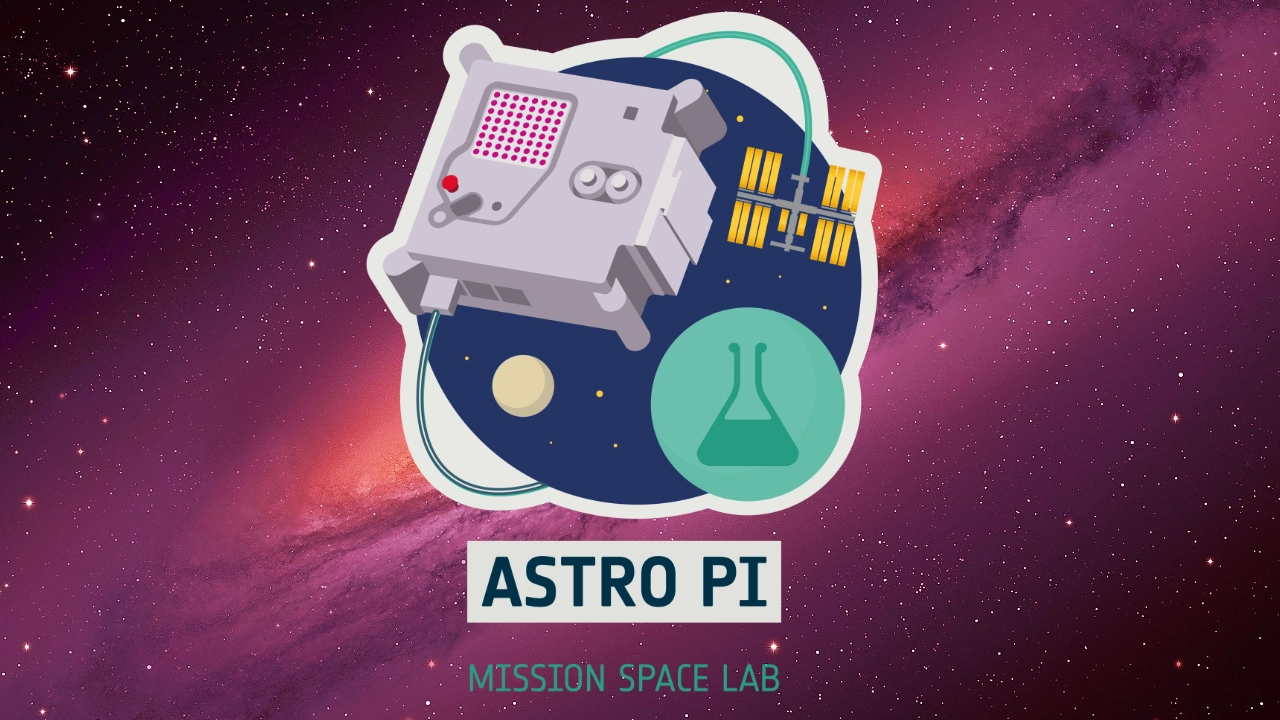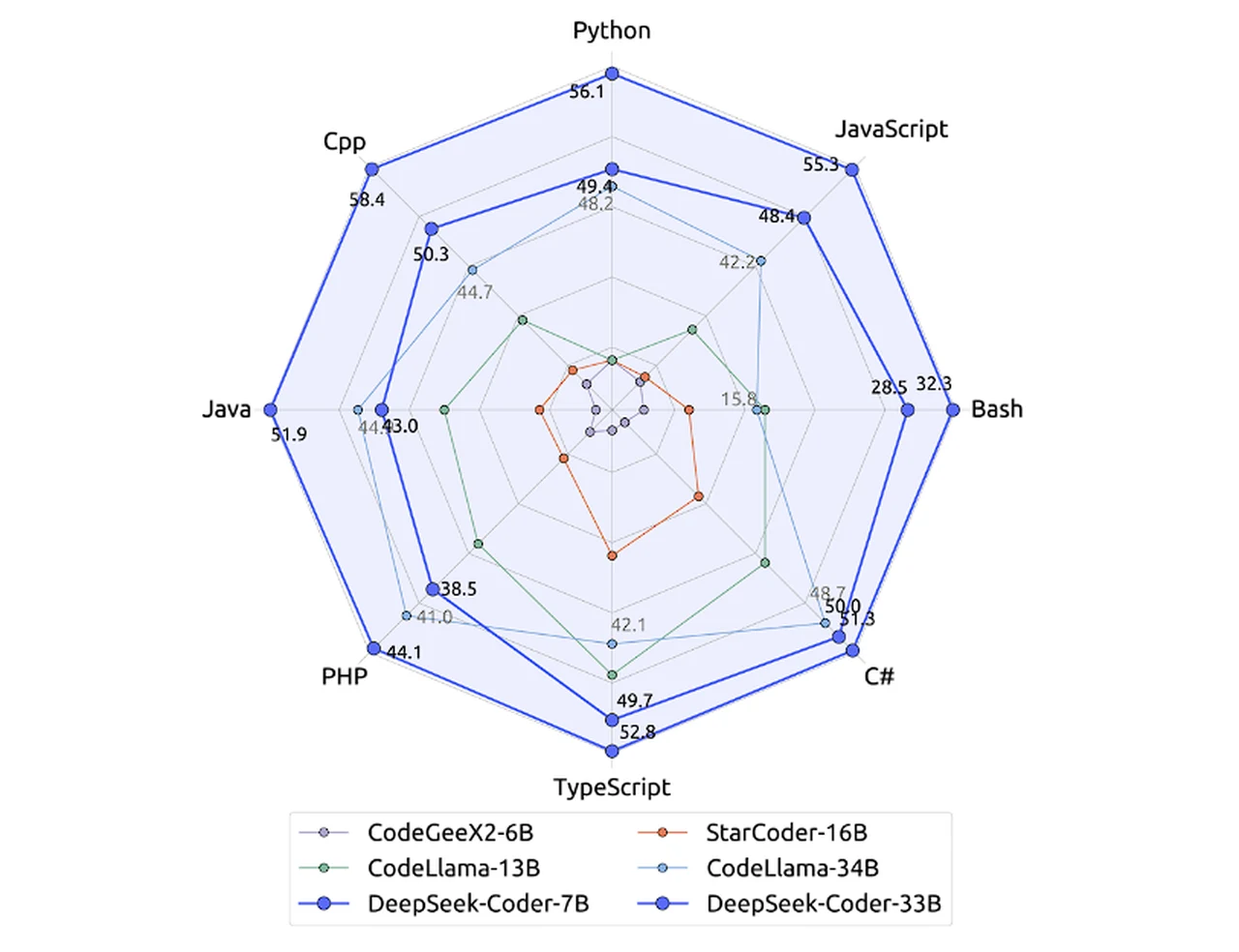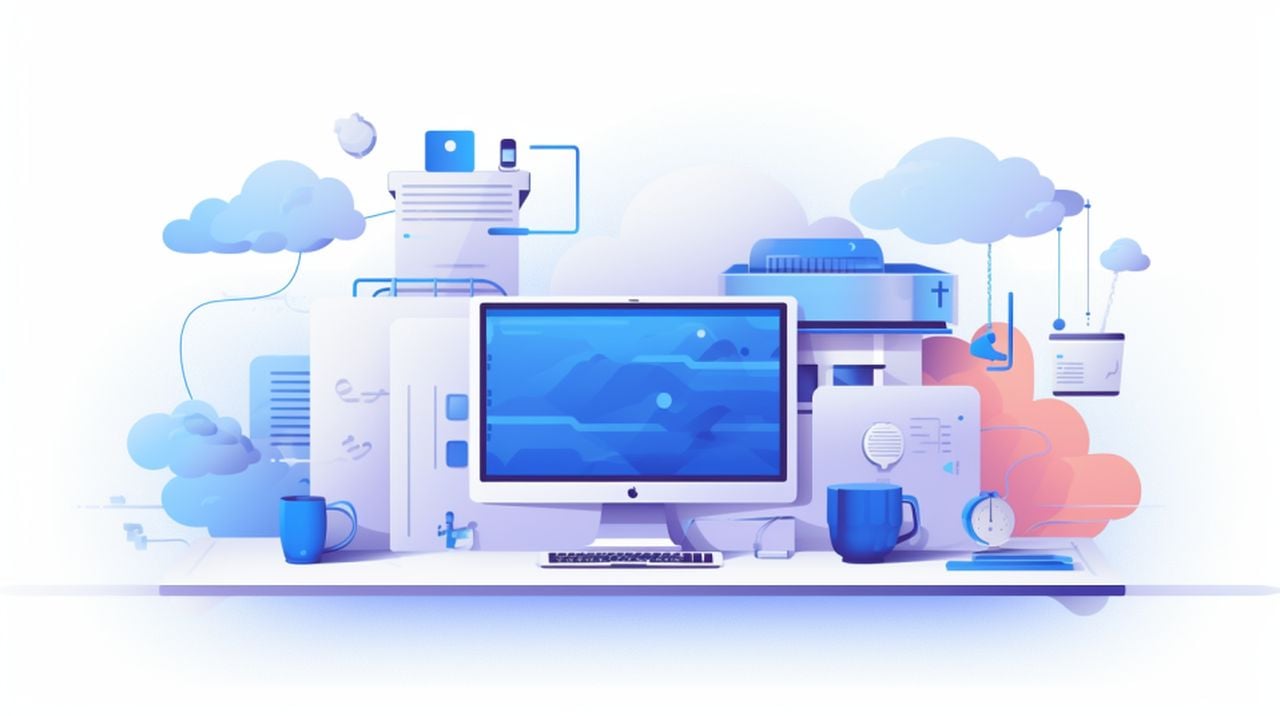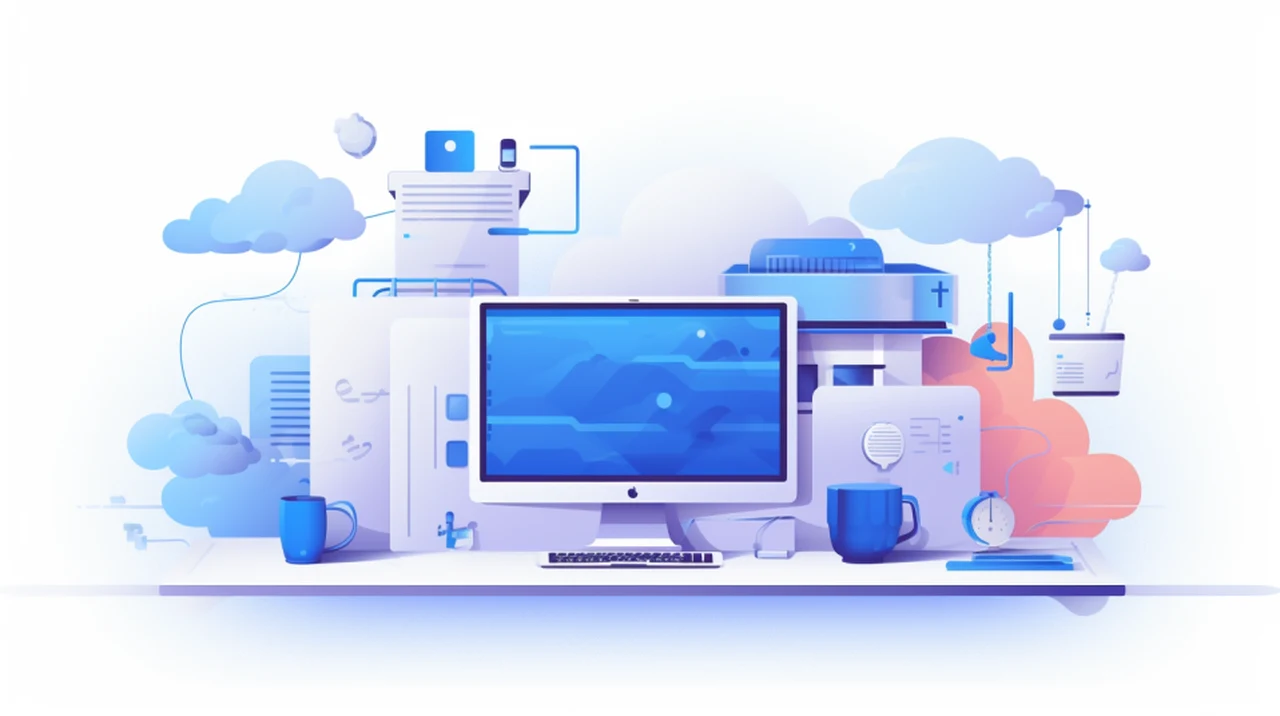As the software development industry continues to advance at an unprecedented pace, many developers are looking for an ideal AI coding tool to streamline workflow, reduce errors, and enhance overall productivity. But with lots of AI coding assistants online, it can be quite tricky to know which is the most useful.
In this post, we’ve reviewed the top 10 best AI coding assistant tools in 2024. From established giants to cutting-edge startups, we’ll introduce you to the top AI-powered tools that are set to revolutionize the way you code.
Top 10 Best AI Coding Assistants
1. Spreading
Topping our list is an industry-leading AI coding assistant, Spreading. The tool offers various features that allow you to create next-generation technical documents and write codes within a few clicks.
With Spreading, you can eliminate fragmented workflows, consolidate tasks, and improve overall efficiency. Besides, the availability of customizable blocks makes it easy for you to arrange your knowledge base content quickly.
Key Features
- Seamless document management process.
- Facilitate fast creation of multiple websites.
- Easily code with AI and switch between different programming languages.
- Create and publish high-quality technical documentation in just one click.
2. Codium
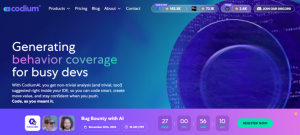
Another valueable assest that you can add to your developer toolkit is Codium – a free AI-powered coding assistant that offers best-in-class AI code completion, search, and chat. This AI coding assistant enables you to write better code, save time, and unleash their full coding potential. Besides, it supports over 70+ languages and integrates with your favorite IDEs.
Key Features
- Utilizes AI to analyze source code and generate meaningful tests that can catch bugs before they reach users.
- Built-in search feature streamlines coding process and simplifies complex tasks, allowing programmers to code much more efficiently
- Offers intelligent code suggestions while developers write code, offering snippets or entire functions.
- Quickly analyze your code, docstring, and comments within seconds.
3. Replit
Replit AI is one of the best AI for coding that is designed to empower software creators by redefining the software development process. This tool supports over 16 programming languages, including JavaScript, Python, C, Java, Perl, Ruby, HTML, CSS, SQL, etc., and it’s packed with a wode range of features, including intelligent search, code suggestions and function generation, and meaningful code tests.
Key Features
- Boast efficient code completion and assistant features that enables developers to write code faster with fewer errors.
- Offers excellent collaboration tools to enable devs collaborate in real-time.
- Supports an efficient ghostwriter that comes with a proactive debugger.
- It can be accessible via Android and iOS mobile apps.
4. CodeT5
CodeT5 is a unified pre-trained encoder-decoder Transformer model that better leverages the code semantics conveyed from the developer-assigned identifiers. This AI coding tool is trained on over 8.35 million instances of code, including user-written comments from publicly available, open-source GitHub repositories. CodeT5 offers features such as text-to-code generation, code-to-code translation, and code summarization, empowering you to bridge the gap between natural language instructions and executable code.
Key Features
- Unified pre-trained encoder-decoder Transformer model.
- Offers a code summarization feature that allows developers to summarize code and extract its most important parts.
- Supports a novel identifier-aware pre-training task that enables the model to distinguish which code tokens are identifiers and to recover them when they are masked.
- Code-to-code translation allows you to translate code from one programming language to another easily.
5. Amazon CodeWhisperer
Developed by Amazon Web Service (AWS), CodeWhisper is an AI coding assistant that offers users code recommendation in real time. It is trained on billions of lines of code and can generate code suggestions ranging from snippets to full functions based on existing code and comments.
CodeWhisperer supports 15 programming languages, including Python, Java, and JavaScript, and can be used with popular integrated development environments (IDEs) such as VS Code, IntelliJ IDEA, AWS Cloud9, AWS Lambda console, JupyterLab, and Amazon SageMaker Studio.
Key Features
- Boasts 15 programming languages, including Python, Java, and JavaScript.
- Supports integration into popular Integrated Development Environments (IDEs).
- Efficiently scans code, detect hard-to-find vulnerabilities, and offers code suggestions to remediate them smoothly.
- You can customize CodeWhisper to generate recommendation that suits your requirements by making it aware of your API, internal libraries, etc.
6. CodeGeex
CodeGeeX is an open-source coding AI tool designed assist developers in coding tasks. With its powerful AI capabilities, it offers features like code generation and completion, comment generation, and code translation, and it supports multiple IDEs and languages, making it suitable for a wide range of development projects. Besides, the underlying CodeGeex2-6B model, available on GitHub, ensures the tool’s accuracy and effectiveness.
Key Features
- Generate code snippets and provide intelligent suggestions to complete code blocks.
- Supports code translation between different programming languages, including Javascript, Python, etc.
- Automatically generate comments for code segments
- Supports an AI Chatbot that provides you with solutions when you encounter an technical difficulties.
7. AskCodi
Powered by OpenAI GPT, AskCoding is an AI coding system that provide various applications for code generation, unit test creation, documentation, and code conversions. Although it may fail or suggest code that doesn’t work, this AI coding tool will give you access to helpful features that can help both new and existing devs to be more efficient and free up their time so they can focus on innovative ideas and new product. Besides, it can be used as an extension/plugin for Visual Studio Code, Sublime Text, and the JetBrains’ IDEs.
Key Features
- Supports AI powered chat to enable developers craft coding conversations.
- Supports extension that can be used with various platforms like Visual Stuudio Code and Sublime Text.
- Supports 50+ programming languages.
- Codi Workbook, allows you to generate code, ask AI to explain code, write documentation, and create unit tests.
8. Codiga
Codiga is another AI coding assistant that offers a birds-eye view of code quality. It provides a dashboard that reports all important metrics about code quality, including the overall number of code violations, duplicates, long and complex functions. With Codiga, you can detect issues in real-time in the integrated development environment (IDE) and get fixes quickly, and it supports various IDEs, including VS Code, JetBrains, VisualStudio, GitHub, Gitlab, and Bitbucket.
Key Features
- Create your own custom code analysis rules from the your browser in less than 5 minutes.
- Offers Codi Workbook, an interactive environment where developers can generate code, ask AI to explain code, write documentation, and create unit tests.
- Create and share smart code snippet with your team.
- Support over 1800 rules for 12+ languages.
9. GitHub Copilot
If you’re looking for an AI pair programmer, GitHub Copilot is one AI coding assistant that can come in handy for your needs. Similar to Amazon CodeWhisper, this tool is trained on billions of lines of code and uses natural language prompts to suggest individual lines and whole functions instantly. Besides, GitHub Copilot is powered by a generative AI model developed by GitHub, OpenAI, and Microsoft, and it is available as an extension for Visual Studio Code, Visual Studio, Neovim, and the JetBrains suite of Integrated Development Environments (IDEs).
Key Features
- Support for dozens of programming languages.
- Integration with popular IDEs.
- Personalization based on user interactions.
- Analytics on user engagement and content performance.
10. Sourcegraph Cody
Cody is an AI coding assistant developed by Sourcegraph. It is a free and open-source tool that utilizes Sourcegraph’s code graph and Large Language Models (LLMs) to write code and provide answers based on the user’s codebase. This tool is just like a personal dedicated AI coding assistant that has a comprehensive understanding of the user’s entire codebase, vast knowledge of open-source code, and extensive training data for code understanding and problem-solving.
Key Features
- Personalization based on user interactions.
- Context retrieval from the user’s broader codebase and Sourcegraph’s code graph
- It allows you to provide answer to technical questions and write code into your IDE.
- It is compatible with VSCode, Neovim, Emacs, and IntelliJ.
Conclusion
We have explored the top 10 best AI coding assistant tools available in 2024, their features, and how they can revolutionize the way developers work. From code generation to debugging and security analysis, these AI assistant tools offer a wide range of functionalities, and by them, you can write better code, improve productivity, and enhance software quality.
